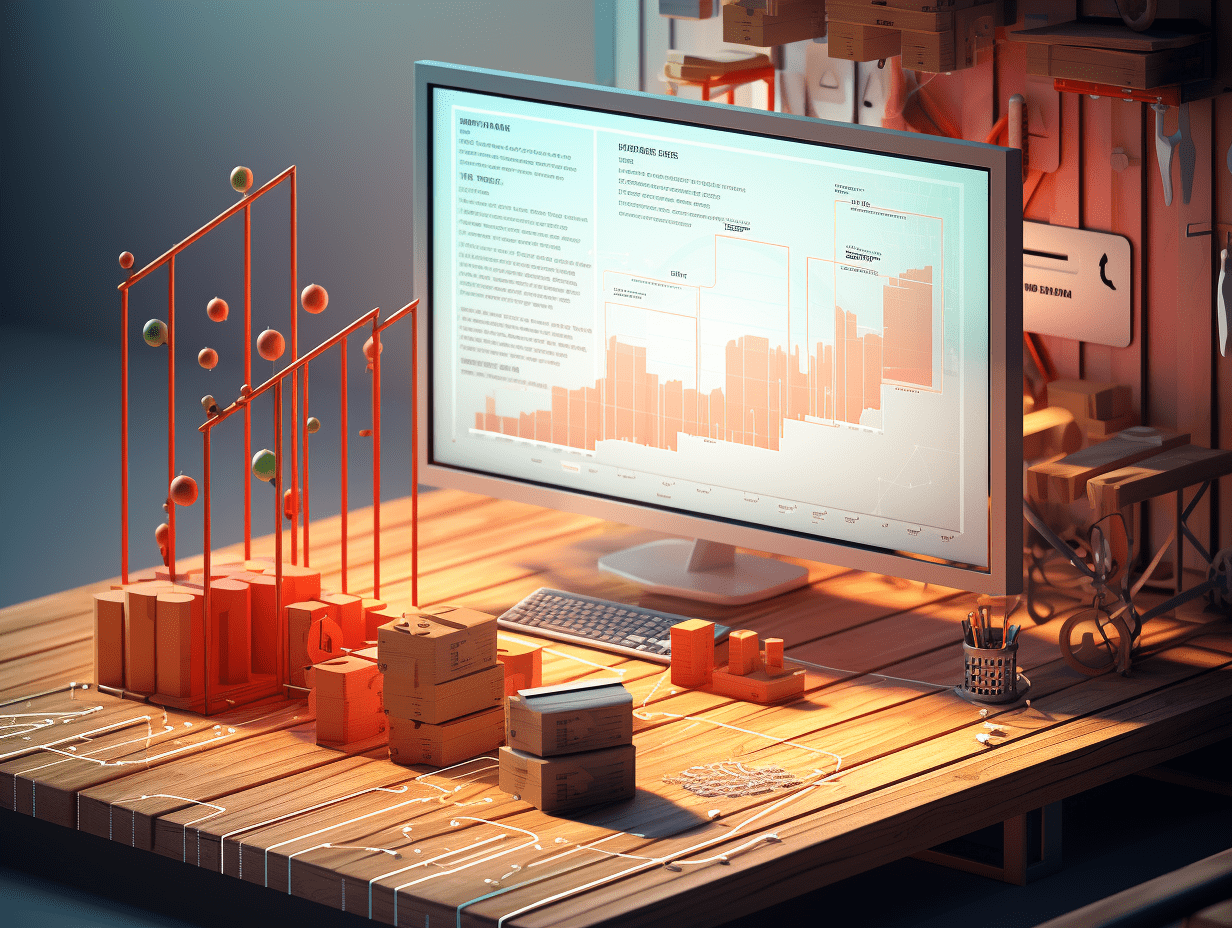Goldman Sachs: Artificial intelligence will be a "force multiplier", bringing a "rebirth" to software companies
Artificial Intelligence (AI) is not "killing" the software industry, but rather bringing about a "rebirth." Goldman Sachs analyst Kash Rangan stated, "AI will work in synergy with software, becoming a 'force multiplier' in the software industry."
Artificial Intelligence (AI) is not "killing" the software industry, but rather bringing about a "rebirth." At the annual Communacopia + Technology conference hosted by Goldman Sachs Group, Inc. on Monday, analyst Kash Rangan said, "AI will work in coordination with software to become a 'force multiplier' for the software industry."
He likened the current AI wave to the rise of web browsers in the 1990s - when many thought browsers would destroy the existing software ecosystem, but ultimately became the "front-end gateway" that expanded the boundaries of the software industry. Rangan believes that AI will further simplify the logic of software usage and make software value easier to unlock.
Based on this assessment, Rangan believes that software-as-a-service (SaaS) companies like Salesforce, Inc. (CRM.US) have investment value. "I am very bullish on these companies," he said, adding that if Salesforce, Inc. can significantly increase its customer base for its AI product Agentforce from the current approximately 8,000 companies to 14,000 companies, the "valuation pressure" that has been dragging down its stock price in the long term is expected to be relieved.
Rangan further pointed out that he holds a broadly positive attitude towards companies in the entire application software layer.
"Companies like Intuit Inc. (INTU.US), Salesforce, Inc., Adobe (ADBE.US)," he said, "their development stories may not be perfect, but they are attractive enough." Rangan added that ServiceNow (NOW.US) is also worth paying attention to - the company has a unique positioning as both an application software enterprise and a platform-type enterprise.
Despite facing challenges in some areas of the software industry, Rangan's optimistic stance remains unshaken. He mentioned that many of the stocks he favors are not in a "bubble period," but are currently experiencing a "valuation trough": valuations for application software companies are generally under pressure, while infrastructure companies like Snowflake (SNOW.US), MongoDB (MDB.US) have shown relatively stable valuation performances. However, Rangan believes that this valuation pressure creates opportunities for long-term investors to position themselves accordingly.
Furthermore, Rangan also mentioned a more speculative target within his coverage area - CoreWeave (CRWV.US).
"This is a leveraged bet on the theme of AI infrastructure," he explained, "in the public market, CoreWeave is the only company focused on AI and capable of providing super-scale computing services." Rangan said that due to the high debt on the balance sheet, CoreWeave would significantly benefit from debt refinancing if interest rates were to decline in the future; additionally, the company's core advantage lies in "being able to quickly deploy GPU clusters to help enterprises accelerate the marketization of AI-related businesses."
However, the continuation of this advantage depends on whether CoreWeave can maintain its leading position in the "marketization speed." Rangan compared it to the early development of Amazon.com, Inc.'s cloud services (AWS), but also emphasized that "execution capability will be the key to success."
Regarding the hotly debated topic of the "AI bubble" in the market, Rangan believes that the bubble risk is more pronounced in the private market compared to the public market for software stocks.
"There are reasons to believe that bubble issues are more pronounced in the private market, VC financing, and private company valuations," he noted, pointing out that companies like OpenAI, Anthropic, which have received large amounts of funding, are still in the stage of massive investment, and their profit models are not yet clear.
In contrast, publicly traded software companies are already generating stable recurring revenue and healthy cash flow - even if market sentiment has not fully reflected this fundamental advantage.
Related Articles

US Stock Market Move | GameStop Corp. Class A (GME.US) rose by over 5% in Q2 with adjusted net profit of $138 million.

US Stock Market Move | In the field of artificial intelligence, many individual stocks have hit record highs. Oracle Corporation (ORCL.US) is up nearly 43%.

US Stock Market Move | Core Scientific (CORZ.US) rose by over 9%, with a total market value exceeding $4.8 billion.
US Stock Market Move | GameStop Corp. Class A (GME.US) rose by over 5% in Q2 with adjusted net profit of $138 million.

US Stock Market Move | In the field of artificial intelligence, many individual stocks have hit record highs. Oracle Corporation (ORCL.US) is up nearly 43%.

US Stock Market Move | Core Scientific (CORZ.US) rose by over 9%, with a total market value exceeding $4.8 billion.

RECOMMEND

Significant Southbound Capital Inflows into Hong Kong Stocks—Three Investment Directions to Watch
10/09/2025

Heavy-Duty Engine Sales Slide as Weichai Power’s Supplier Payables Near RMB 100 Billion
10/09/2025

U.S. Annual Nonfarm Payroll Revision Misses Expectations with 911,000-Job Cut, Heightening Fed Rate-Cut Pressure
10/09/2025


